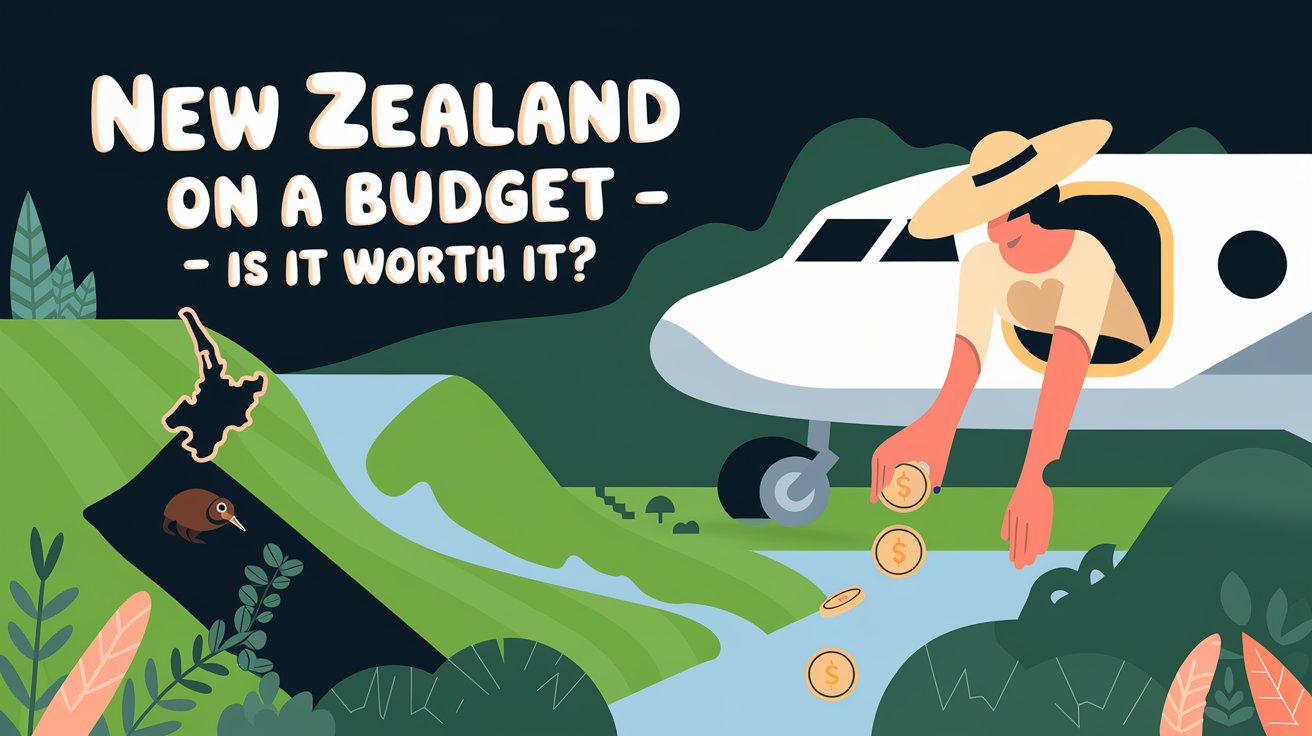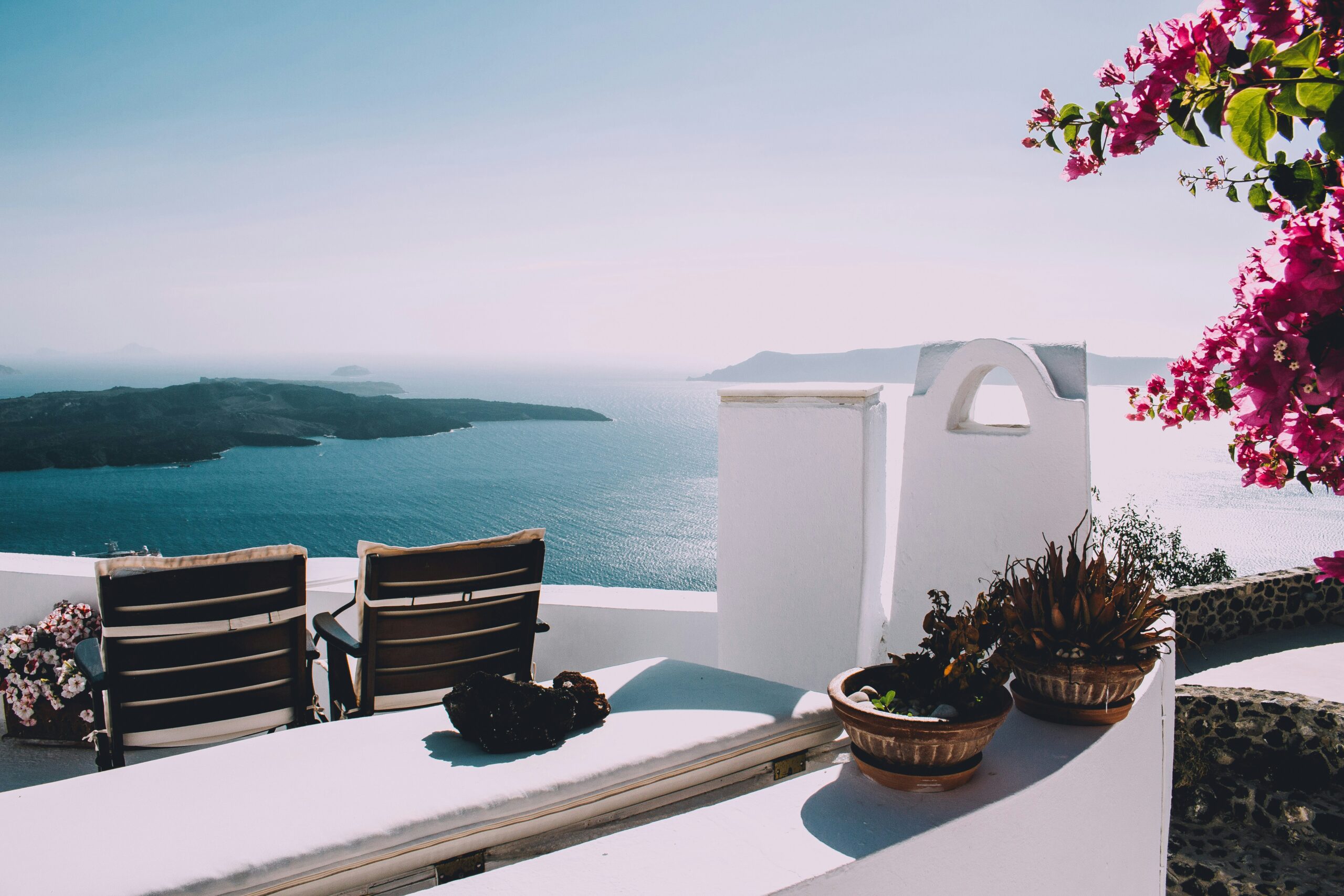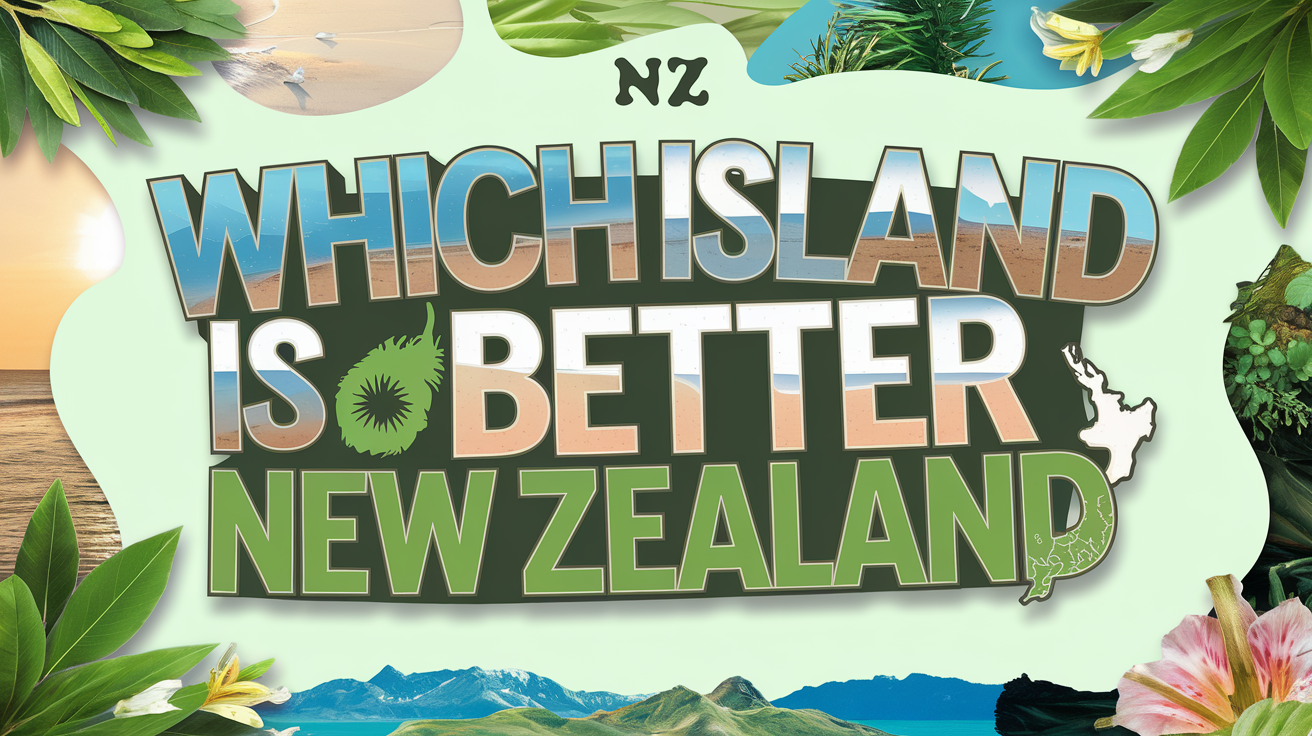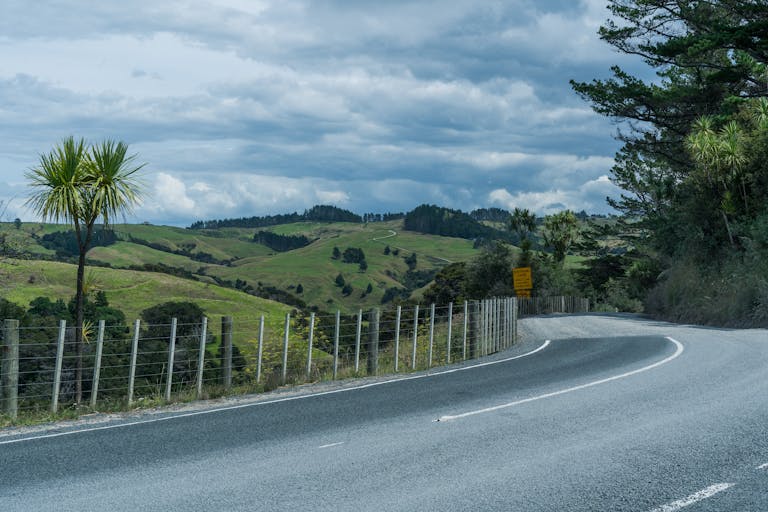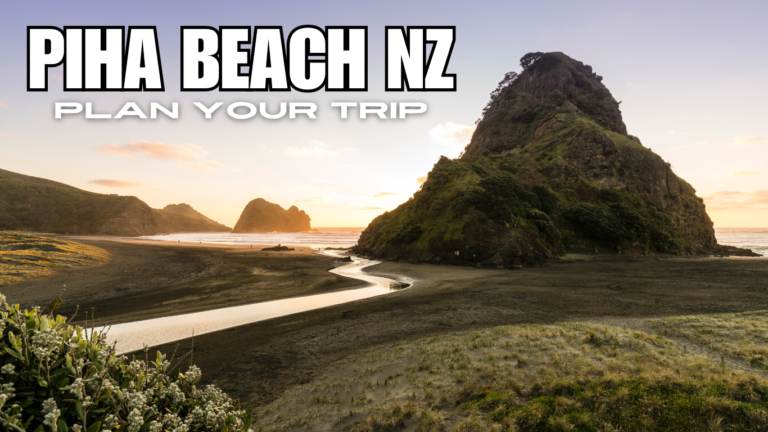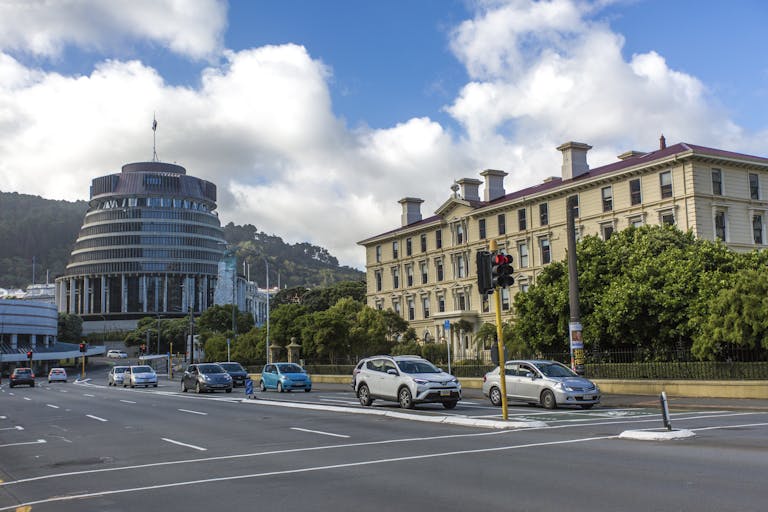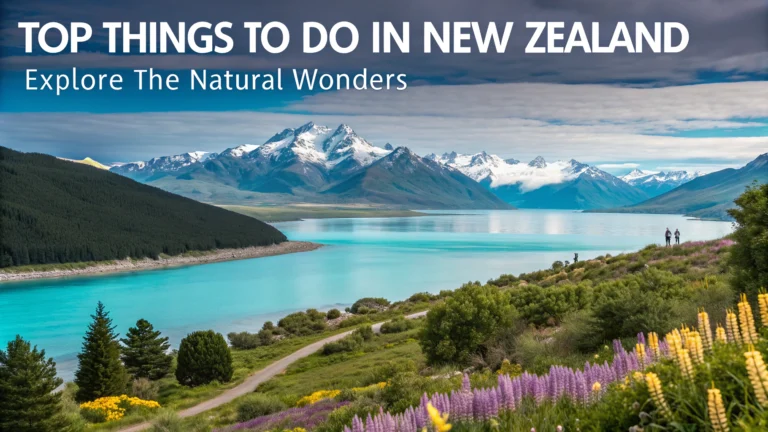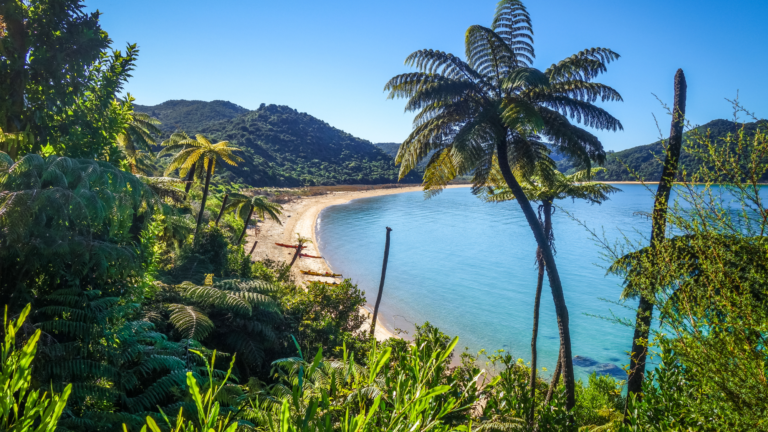New Zealand on a Budget – Is Visiting New Zealand Worth the Cost
While visiting New Zealand can be costly, it’s often considered worth the expense due to its unique experiences and stunning landscapes. You’ll find daily costs range from $100-$250 NZD, depending on your travel style. Accommodation varies from free campgrounds to luxury lodges, and transportation may require car rentals or domestic flights. However, the country offers numerous free activities, including hiking trails and stargazing opportunities. By balancing luxury experiences with budget-friendly options and traveling during shoulder seasons, you can manage costs effectively. The value of New Zealand’s diverse ecosystems, adventure activities, and cultural experiences often outweighs budget concerns for many travelers. Exploring further can reveal additional ways to maximize your investment in this unforgettable destination.
Understanding New Zealand’s Cost Profile
To understand New Zealand’s cost profile, you’ll need to contemplate various factors that impact your travel budget.
Daily expenses vary greatly based on your travel style, with budget travelers spending around $100-$150 NZD per day, while luxury travelers might exceed $250 NZD.
Accommodation costs range from free campgrounds to high-end hotels, with mid-range options typically costing $200-$300 per night.
Food expenses can add up quickly, with average meals at cafes and restaurants ranging from $25-$35.
Transportation is a major consideration, as limited public options often necessitate car rentals or domestic flights.
Seasonal timing also plays an essential role, with peak summer months (December to February) seeing higher prices across the board.
Budgeting for Daily Expenses
Having grasped New Zealand’s overall cost profile, let’s break down the daily expenses you’ll encounter during your trip.
Your budget will largely depend on your travel style, but you can expect to spend between $100 to $250 NZD per day for most travelers. This covers accommodation, food, and transportation costs. Keep in mind that luxury options can easily exceed $250 NZD daily.
To help you plan effectively, consider these key points:
- Accommodation costs range from free campgrounds to $300+ for upscale hotels.
- Daily food expenses average $25-35 per meal when dining out.
- Transportation can add $50+ to your daily budget, especially if driving.
- Free activities like hiking and beach visits can offset other expenses.
Remember to factor in seasonal price fluctuations and book in advance during peak times to secure better rates.
Accommodation Options and Pricing
When you’re planning your New Zealand adventure, accommodation will likely be one of your biggest expenses.
You’ll find options ranging from free campgrounds to luxury lodges, catering to all budgets. If you’re camping, expect to pay $0-$25 per person, with holiday parks charging up to $40 a night.
For those seeking more comfort, mid-range hotels and motels generally cost $200-$300 per night, offering high-quality stays. To save money, consider holiday parks, which often provide beachfront views at affordable rates.
Many hotels and motels come equipped with kettles and microwaves, allowing for self-catering. Don’t overlook Top 10 holiday parks for reliability and potential discounts.
Booking directly with providers can help you avoid platform fees, while shared Airbnb rooms offer local insights at lower costs.
Food Costs in New Zealand
Three key factors will impact your food budget in New Zealand: dining out, grocery costs, and coffee prices.
You’ll find that lunch at a cafe typically costs $25-30, while dinner ranges from $30-35.
Grocery shopping for a week can set you back around $200 for one person.
Coffee lovers should expect to pay about $5 for a flat white, with an extra dollar for plant-based milk.
To manage your food expenses effectively:
- Shop at Pakn Save for the cheapest groceries
- Look for seasonal produce at roadside stalls
- Use First Table for 50% off restaurant meals in major cities
- Carry reusable bags and coffee cups for discounts
Transportation Expenses and Alternatives
Maneuvering New Zealand can be challenging and costly due to limited public transportation options. Your main choices are renting a car, which can cost $50 to $80 per day during peak season, or using the Intercity bus network.
Campervans are popular but expensive, often exceeding $400 daily plus campground fees. For budget travelers, hitchhiking is an option, though safety and reliability vary by region.
Domestic flights are available, with Jetstar offering more affordable options. To save money, consider traveling during the shoulder seasons (March-May or October-November) when rental prices are lower.
If you’re staying in one area, look into local bus services or bike rentals. Remember to factor in fuel costs if you’re driving, as prices can be high, especially in remote areas.
Seasonal Price Fluctuations
Understanding seasonal price fluctuations is essential when planning your New Zealand trip. You’ll find that prices peak during summer (December to February) when both international and local tourists flock to the country. During this time, accommodation and activities can cost considerably more.
To save money, consider visiting during shoulder seasons (March-May or October-November) when you’ll enjoy milder weather and lower prices. Winter (June to September) offers the cheapest rates, except in ski towns.
To navigate seasonal pricing effectively:
- Book accommodations and activities well in advance for peak season
- Look for shoulder season deals on flights and tours
- Take advantage of winter discounts, especially in non-ski areas
- Use price comparison tools to find the best rates across seasons
Free Activities and Natural Attractions
While New Zealand can be expensive, you’ll find plenty of free activities and natural attractions that make the trip worthwhile. You can explore national parks without entry fees, offering iconic walks and breathtaking views.
Extensive hiking trails cater to all skill levels, and you’ll have access to beautiful beaches at no cost. Take advantage of free thermal springs like Kuirau Park in Rotorua or Kerosene Creek for a relaxing soak.
Many museums and galleries offer free admission or specific free entry times, including Auckland Art Gallery and Te Papa Tongarewa. Don’t miss the public and botanic gardens in cities like Christchurch and Auckland, which often host seasonal events.
For a unique experience, head to Aoraki Mackenzie International Dark Sky Reserve for exceptional stargazing opportunities. These free attractions showcase New Zealand’s natural beauty and cultural heritage without straining your budget.
Money-Saving Tips for Travelers
Savvy travelers can stretch their budget further in New Zealand with some smart money-saving strategies. Use First Table to snag 50% off restaurant meals in major cities, and sign up for supermarket discount cards for additional savings.
Pakn Save offers the cheapest groceries, often with fuel discounts. Don’t forget to carry cash for roadside fruit stalls, supporting local growers while saving money.
Here are four more ways to save:
- Use reusable bags and coffee cups for extra discounts
- Take advantage of free campgrounds and DOC basic sites
- Travel during shoulder seasons for better value
- Utilize free natural attractions and hiking trails
Comparing Costs to Other Destinations
For many travelers, comparing New Zealand’s costs to other popular destinations is essential when deciding where to vacation. When you compare New Zealand to countries like Australia, the UK, or the US, you’ll find that prices are generally similar.
However, New Zealand’s unique attractions and experiences often justify the expense. Accommodation costs are comparable to major cities worldwide, but you’ll get more value regarding natural beauty and outdoor activities.
Food prices align with other developed nations, though dining out can be pricier. Transportation costs may be higher due to limited public options, but renting a car allows you to explore freely.
While New Zealand isn’t a budget destination, it offers unparalleled landscapes, adventure opportunities, and cultural experiences that many find worth the investment.
Consider your travel priorities and budget carefully when making your decision.
Value of Unique Experiences
Beyond the raw numbers, New Zealand offers experiences that are difficult to quantify in financial terms. When considering the value of your trip, think about the unique opportunities you’ll encounter.
You’ll have the chance to immerse yourself in Maori culture, witness breathtaking landscapes, and engage in thrilling outdoor adventures. These experiences can create lasting memories and personal growth that far outweigh their monetary cost.
Consider the following unique aspects of New Zealand:
- Diverse ecosystems within a compact area
- Rich indigenous culture and history
- World-class outdoor activities and extreme sports
- Unparalleled stargazing opportunities
While the financial investment may seem significant, the return on investment regarding personal experiences and cultural enrichment can be substantial.
Weigh these factors against your budget to determine if New Zealand aligns with your travel goals and priorities.
Long-Term Vs Short-Term Visits
When comparing long-term and short-term visits to New Zealand, you’ll find distinct advantages and challenges for each approach.
Short-term visits allow you to experience the highlights, but you’ll need to budget carefully for higher daily expenses. You might spend more on accommodations and activities, but you’ll have less time to explore free natural attractions.
Long-term visits offer the chance to immerse yourself in the culture and potentially save money through extended-stay discounts and self-catering options. You’ll have more time to discover hidden gems and take advantage of seasonal variations in pricing.
However, you’ll need to take into account visa requirements and the potential for higher overall costs. Ultimately, your choice depends on your travel goals, budget, and available time.
Balancing Cost and Experience
While visiting New Zealand can be costly, it’s possible to balance expenses with unforgettable experiences. Consider your travel style and priorities to make the most of your budget.
Mix luxury experiences with budget-friendly options to create a well-rounded trip. Take advantage of New Zealand’s natural beauty through free activities like hiking and beach visits.
To balance cost and experience:
- Alternate between splurge meals and self-catering to save on food costs.
- Choose a mix of accommodations, from holiday parks to occasional upscale stays.
- Travel during shoulder seasons for better rates and fewer crowds.
- Prioritize paid activities that align with your interests, while enjoying free natural attractions.
Frequently Asked Questions
Are There Any Special Discounts for Senior Citizens or Students in New Zealand?
Yes, you’ll find special discounts for seniors and students in New Zealand. Many attractions, museums, and transportation services offer reduced rates. It’s best to carry valid ID and always ask about available concessions when purchasing tickets or services.
How Much Should I Budget for Travel Insurance When Visiting New Zealand?
You should budget around $100-$200 for travel insurance when visiting New Zealand. It’ll vary based on your age, trip duration, and coverage level. Don’t skimp on this; it’s essential for protecting yourself during your travels.
What Are the Tipping Expectations in New Zealand Restaurants and Services?
You don’t need to tip in New Zealand. It’s not expected in restaurants or for services. If you’re exceptionally pleased, you can leave a small gratuity, but it’s entirely optional and not customary.
Are There Any Hidden Fees or Taxes Tourists Should Be Aware Of?
You’ll find few hidden fees in New Zealand. However, be aware of the 15% GST included in prices. Some hotels charge city taxes, and rental cars may have additional fees for young drivers or one-way trips.
How Does the Cost of Adventure Sports Compare to Other Countries?
You’ll find adventure sports in New Zealand relatively expensive compared to many countries. Bungee jumping, skydiving, and white-water rafting can cost more here, but the unique landscapes and safety standards often justify the higher prices.
Conclusion
You’ll find that visiting New Zealand can be worth the cost if you plan carefully. Balance your budget with unique experiences, and you’ll create lasting memories. Consider longer stays to spread out expenses, and explore budget-friendly accommodation options. Don’t forget to factor in transportation costs and compare them to alternatives. By weighing the value of New Zealand’s stunning landscapes and rich culture against your travel budget, you’ll make an informed decision about your Kiwi adventure.

